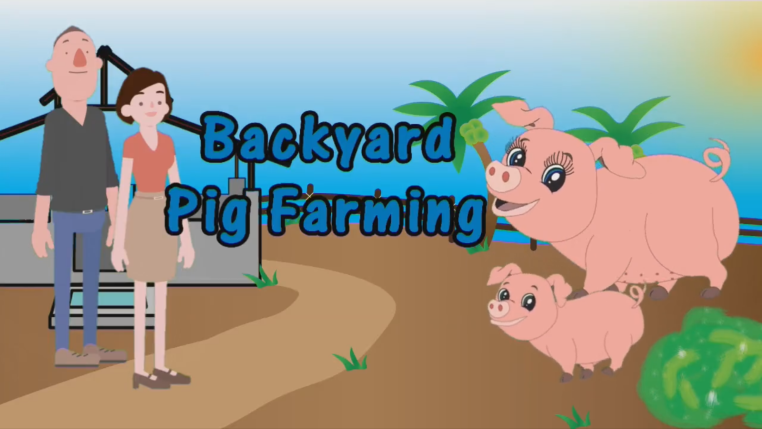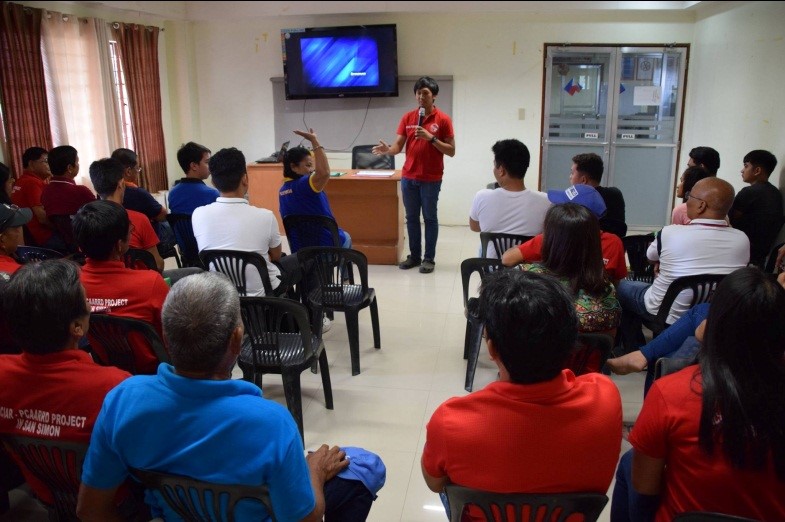 An animated video featuring proper pig management for backyard pig farming was recently developed and uploaded online by a project.
An animated video featuring proper pig management for backyard pig farming was recently developed and uploaded online by a project.
The said project is being supported and coordinated by the Australian Centre for International Agricultural Research (ACIAR) and the Philippine Council for Agriculture, Aquatic and Natural Resources Research and Development of the Department of Science and Technology (DOST-PCAARRD).
The video aims to raise awareness on backyard pig farming among the youth and encourage them to venture on this kind of livelihood.
Aside from imparting the benefits of backyard pig farming as a source of income, the video also explains the support that it provides to the country’s pig farming industry.
The video, which can be viewed on YouTube: https://youtu.be/qkK7ID2SiFQ, targets the youth, as most backyard pig raisers in the Philippines are within the age of 40 and above.
Other information presented in the video are science-based practices and technologies. These include how to start a pig farm in the backyard and managing sows and piglets. It explains the importance of appropriate pen and the selection of good quality pigs. It also tackles sow and piglet management and the use of simple technologies like nipple drinker and creep box.
 The video also shows the importance of biosecurity as a means of preventing diseases in pigs; biogas technology as an alternative source of energy; the use of pig manure as fertilizer; and the importance of record keeping in tracking the status of the pigs.
The video also shows the importance of biosecurity as a means of preventing diseases in pigs; biogas technology as an alternative source of energy; the use of pig manure as fertilizer; and the importance of record keeping in tracking the status of the pigs.
Titled, “Improving the production and competitiveness of Australian and Philippines pig production through better health and disease control (AH/2012/066),” the project, which is also called Pig Health – EcoHealth, produced other information, education, and communication materials such as leaflets on proper pig management. These materials can be accessed at the Bureau of Animal Industry’s (BAI) website: http://www.bai.da.gov.ph/index.php/download/category/205-swine-raising.
Using these extension and instruction materials, the project began coordinating with smallholder farmers and youth council in its pilot site in San Simon, Pampanga, to conduct information dissemination about the featured technologies and practices.
